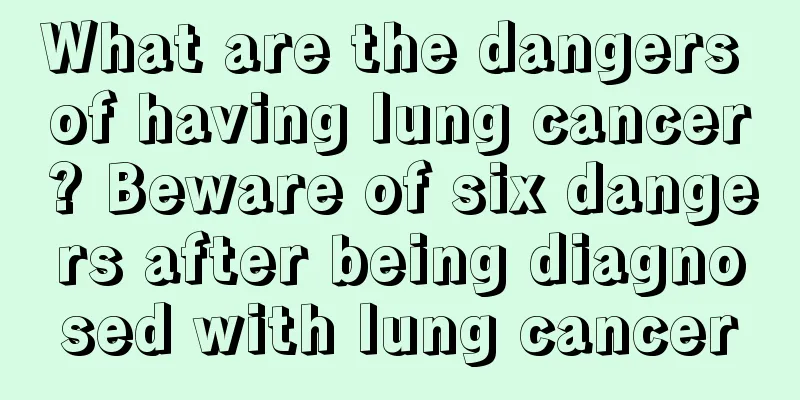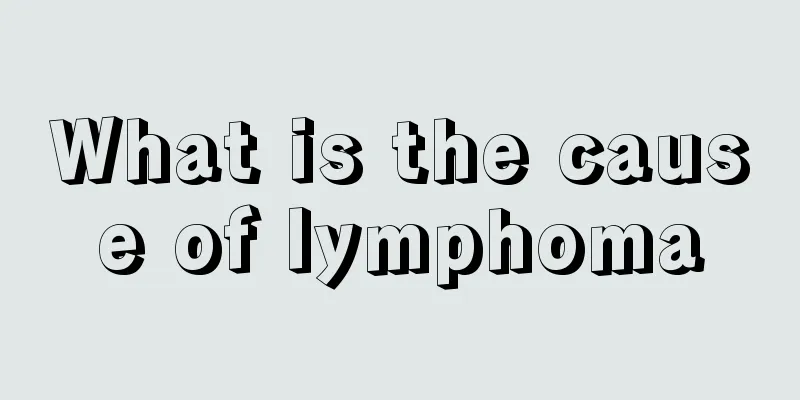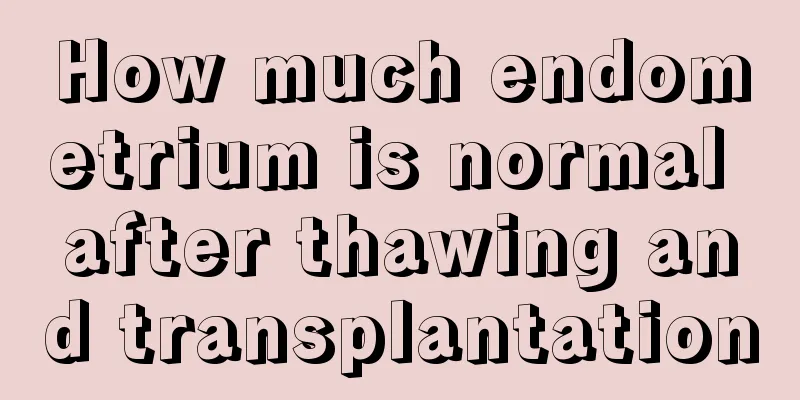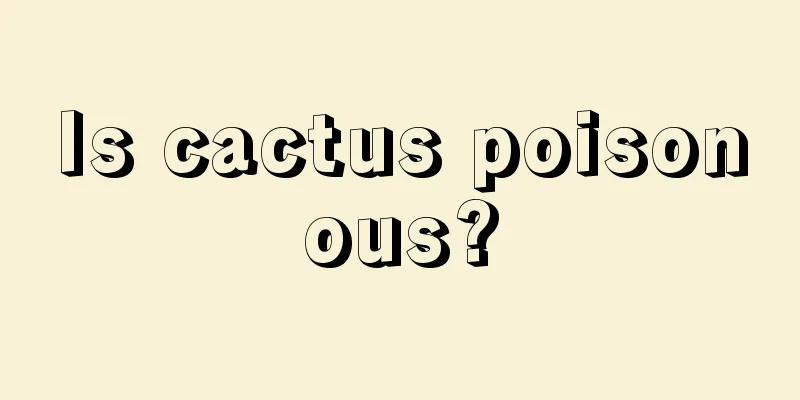What are the sequelae of radiation for laryngeal cancer

|
The occurrence of laryngeal cancer is related to bad living habits and irregular work habits, such as working overtime, eating spicy food, smoking, drinking, etc., which are very easy to get laryngeal cancer; at the same time, due to the lack of relevant knowledge about early laryngeal cancer, it cannot be discovered early, and treatment is delayed, resulting in worsening of the disease. When obvious symptoms appear, it is already in the late stage. Radiotherapy is an effective treatment for late-stage laryngeal cancer, and the short-term treatment effect is significant. So, what are the sequelae of radiotherapy after laryngeal cancer surgery? What are the side effects of radiotherapy after laryngeal cancer surgery? Systemic reactions: Including fatigue, dizziness, decreased appetite, nausea, vomiting, tasteless or changed taste in the mouth, insomnia or drowsiness, etc. Some patients may have changes in blood count, especially leukopenia. Although the degree varies, it can generally be overcome through symptomatic treatment and radiotherapy can be completed. If necessary, vitamin B1, B6, C, metoclopramide, etc. can be taken. If the white blood cell count drops below 3×109, radiotherapy should be suspended. Local reactions: Including reactions of the skin, mucous membranes, and salivary glands. Skin reactions manifest as dry dermatitis or even wet dermatitis. Anti-inflammatory ointments with 0.1% borneol talc or lanolin as the base can be used topically. Mucosal reactions manifest as congestion, edema, exudation, and accumulation of secretions in the nasopharyngeal and oropharyngeal mucosa. Gargles and lubricating anti-inflammatory agents can be used topically. In a small number of patients, parotid swelling may occur after 2Gy of parotid irradiation, and the swelling will gradually subside in 2 to 3 days. When 40GY is irradiated, saliva secretion is significantly reduced, while oral mucosal secretion increases, and the mucosa becomes congested and swollen. Patients have dry mouth and difficulty eating dry food. Therefore, excessive irradiation of the parotid gland should be avoided. Radiotherapy sequelae: The main symptoms include temporomandibular joint dysfunction, soft tissue atrophy and fibrosis, radiation-induced dental caries, radiation-induced osteomyelitis of the jaw bone, and radiation-induced encephalomyelopathy. |
<<: Complications of laryngeal cancer: hoarseness
>>: Can laryngeal cancer be transmitted by laryngoscopy?
Recommend
The difference between hair mask and h ointment
We will find that many people have shiny hair, bu...
Brief analysis of four common symptoms of lung cancer
Lung cancer is a malignant tumor with very seriou...
What to do if furniture contains formaldehyde
Many newly renovated homes are left vacant for se...
How to prevent and treat prostate cancer
How to prevent and treat prostate cancer? The mos...
What are the advantages and disadvantages of facial acupuncture?
Although Chinese medicine is slower to take effec...
What harm do aphrodisiacs do to the body
Do you know any aphrodisiacs? In fact, aphrodisia...
What plants can protect against radiation
Most young white-collar workers who face the comp...
What kind of physical condition is yellow sweating?
People will sweat after exercising, which is a no...
Treatment of allergic rhinitis
Everyone should be familiar with rhinitis. Now ma...
What should patients with esophageal cancer eat
Esophageal cancer is a malignant transformation o...
Why can't I turn my wrist in a circle and it hurts?
The wrist has a complex joint structure and is co...
What is the transmission route of Big Three Yang
There was a time in China when hepatitis B was ve...
Check out the high-risk factors for bladder cancer. Pay more attention to your diet for bladder cancer
Bladder cancer is a very harmful disease, and it ...
Can puppies eat egg yolks?
Nowadays, more and more people are starting to ke...
Can a virgin use tampons?
We all know that tampons need to be inserted inte...









